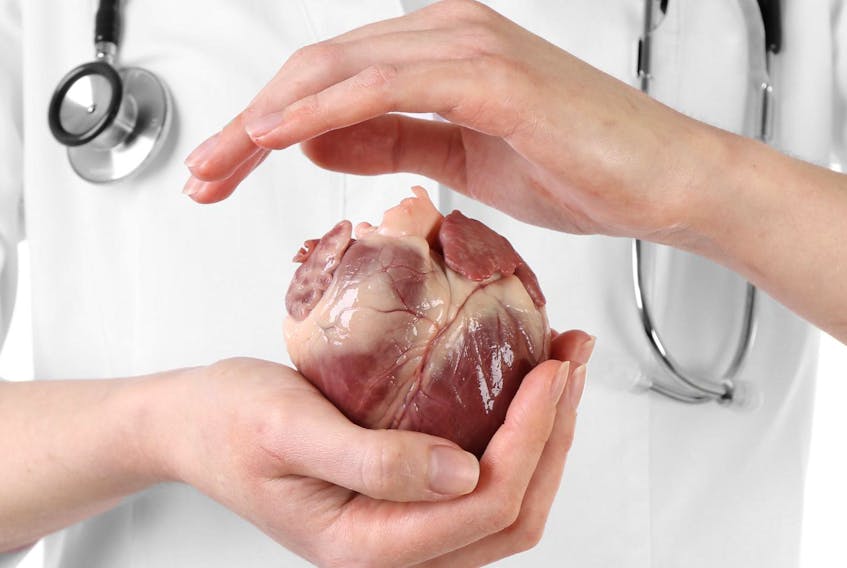The Nova Scotia government continues to balk at proclaiming organ donation legislation tabled more than eight years ago.
The Human Organ and Tissue Donation Act was passed in 2010 by the then NDP government, replacing the Human Tissues Gift Act. Among other things, it provides a specific definition of death and requires that hospitals refer all potential donors to the provincial organ and tissue donation program.
Although the act was passed in the legislature, it has never been proclaimed and therefore isn’t in force.
Last summer the Liberal government said it was reviewing the legislation and that the act was on its legislative agenda for the fall.
“Government was concerned the Act was not consistent with the original spirit of the legislation,” Tracy Barron, a spokeswoman for the Health Department, said in an email Monday. “Government is continuing to work with its partners and within its legislative priorities on the Act. We will provide an update once that work is done.”
Barron didn’t specify what changes the government is considering.
A medical law expert said Monday she’s “baffled” by the government’s handling of the matter.
“I don’t know what’s going on in that black box,” said Jocelyn Downie, the James S. Palmer Chair in Public Policy and Law at Dalhousie University. “I just genuinely don’t understand. It must be some kind of pressure from somebody.”
The legislative limbo has created confusion over what is and isn’t allowed in the organ donation process, Downie said. For example, she said it’s commonly believed families can override an individual’s organ donation consent but that’s not the case.
“My donor card is binding, my consent is what’s binding and it can’t be overridden by the family,” she said.
Both the old legislation and the Human Organ and Tissue Donation Act confirm that’s the case but the new law makes it clear that the individual’s wishes “must be followed.”
A new provision in the new legislation spells out the definition of death as “the irreversible cessation of the functioning of the organism as a whole as determined by the irreversible loss of the brain’s ability to control and co-ordinate all of the organism’s critical functions.”
While that might seem like medical jargon, the clause represents a critical step in organ donation legislation in Canada, Downie said.
“It actually sets it up that health-care providers would be able to use different kinds of tests to determine whether the criteria of that definition have been met,” as opposed to vague directives such as stopping life support and waiting for a certain number of minutes for auto-resuscitation.
“There are some people who don’t progress to what we call brain death so then concern is that you’re losing organs that the person wanted themselves to donate,” Downie said.
About 10 Atlantic Canadians die each year waiting for a transplant.
The number of organ donors in Nova Scotia dropped significantly in 2017, according to the latest statistics from the Multi-Organ Transplant Program of Atlantic Canada. There were 36 donors that year compared to 53 in 2016. Most transplants are kidneys from living and deceased donors. Other organs commonly transplanted include the liver, heart and pancreas.
There are 121 Nova Scotians waiting for an organ transplant, a transplant program official said Monday. Across the Atlantic provinces in 2017, 323 people were waiting for transplants.
Downie said she believes the 2010 legislation would pave the way for increased donations.
“There’s a lot of good stuff in there and I don’t get what the concerns are (from the province).”









